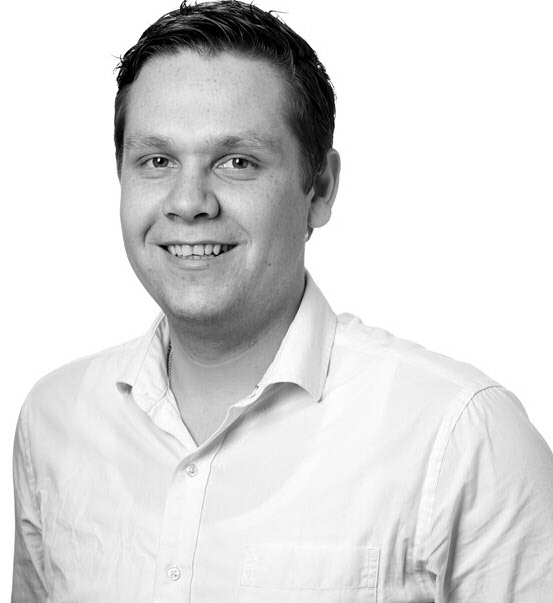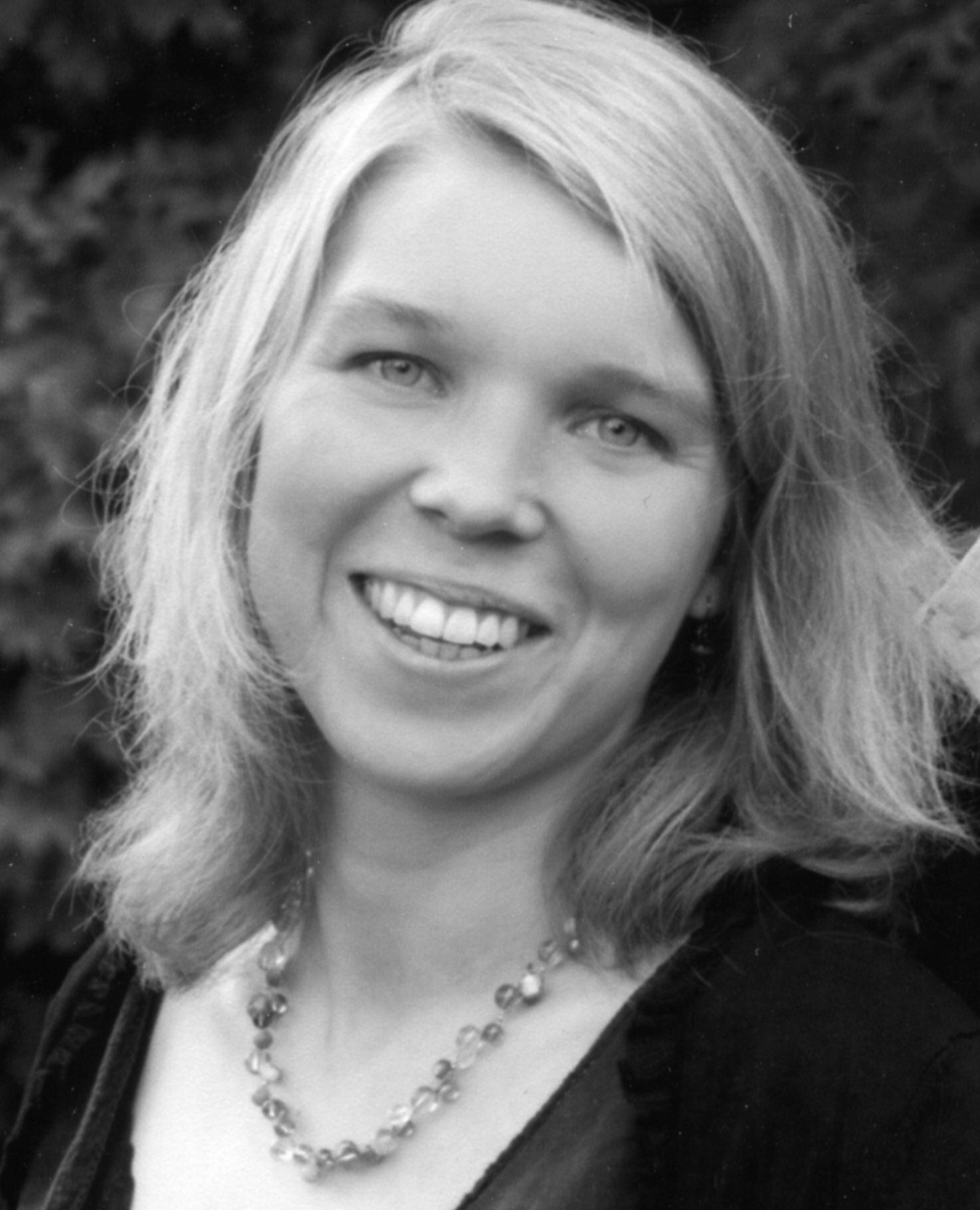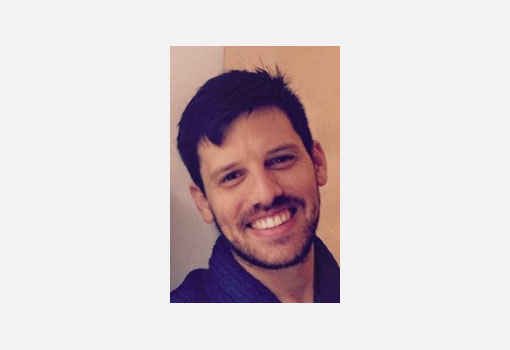
Managing water resources, river catchments, and coastal zones are outstanding challenges of today and tomorrow!
Global changes ask for a comprehensive scientific approach, an international multidisciplinary orientation and require a new mind-set towards water and coastal management problems. In response to these challenges and to provide an inspiring atmosphere for the development of an academic and professional career, we designed our unique Double Degree Master (DDM) program 'Water and Coastal Management', merging the strongest expertise of the two partner-universities, the University of Groningen (the Netherlands) and Carl-von-Ossietzky-University Oldenburg (Germany).
Taught by outstanding experts highly conversant with environmental, socio-economic, and spatial sciences, you will be trained to manage the water and coastal resources of future societies in a sustainable way. The University of Oldenburg gives you the opportunity to learn about the marine environment and sustainable management; the University of Groningen offers its outstanding knowledge on spatial science, in particular water management and environmental and infrastructure planning. The ability to integrate both makes the successful student an expert in water and coastal management!
More info via the website of the University of Oldenburg
You have the unique opportunity to study abroad, in an international atmosphere and in a familiar surrounding. Get to know the two Universities Groningen and Oldenburg, find the organising institutions FRW and the ICBM, Learn more about the innovative WCM-master, about the enthralling curriculum, and about the outstanding perspectives and how to enrol.
The first year in Oldenburg your study program starts in October and consists of a mix of compulsory and elective modules in three broad categories: Planning, Science and Socio-Economics. During the second year in Groningen the focus will be on international spatial planning (systems and practices), institutional design and related topics. Throughout the different modules, you will be working on water and coastal management related assignments and your master thesis. The program has a fixed orde
The first year in Oldenburg: the year is divided into two terms: "Wintersemester" and "Sommersemester". The winter term begins officially on October 1 and ends on March 31. The summer term begins on April 1 and ends on September 30. However, the lecture period only runs from mid-October until mid-February and from mid-April until the middle/end of July. The remaining time, the so-called "vorlesungsfreie Zeit", is intended for writing papers, preparing exams, excursions or for internships.
For more information about the curriculum in Oldenburg see: https://uol.de/wcm/study-program/two-semesters-in-oldenburg
In the first semester, you choose 4 of first 8 courses in the list below. In the second semester, you choose 4 of the next 6 courses in the list below.
| Semesters | ||||
|---|---|---|---|---|
| CoursesCourse Catalog > | 1a | 1b | 2a | 2b |
| Environmental Sciences (6 EC) | ||||
| GIS for Water and Coastal Management (6 EC) | ||||
| International Sustainability Management (6 EC) | ||||
| Planning and Management of Coastal Zones and Sea Basins (6 EC) | ||||
| Selected topics in Environmental Sciences and Management (6 EC) | ||||
| Sustainable Spatial Development in Europe (6 EC) | ||||
| Topics in Economics Research (6 EC) | ||||
| Topics in Sustainability and Management I (6 EC) | ||||
| Case Study (12 EC) | ||||
| Marine & Maritime Law (6 EC) | ||||
| Practice of Nature Conservation (6 EC) | ||||
| Public Economics (6 EC) | ||||
| Research and Energy Economics (6 EC) | ||||
| Selected topics in River and Coastal Development (6 EC) | ||||
| Topics in Sustainability and Management II (6 EC) | ||||
The second year you study the master Environmental and Infrastructure Planning at the RUG. The year starts on September 1. See https://www.rug.nl/masters/environmental-and-infrastructure-planning/ for more information about this master.
| Semesters | ||||
|---|---|---|---|---|
| CoursesCourse Catalog > | 1a | 1b | 2a | 2b |
| Dilemmas in Infrastructure Planning (5 EC) | ||||
| EIP: Interactive Workshop (5 EC) | ||||
| Planning Theory (5 EC) | ||||
| Comparative Research and Planning Practice (5 EC) | ||||
| Optional Course (5 EC) | ||||
| Master's Thesis EIP (20 EC) | ||||
| Reinventing Environmental Planning (5 EC) | ||||
| Transitions in Water Management (5 EC) | ||||
| Fieldwork Water Quality (5 EC) | ||||
More information about these courses can be found on https://www.rug.nl/frw/education/master-info-frw/courses-master-environmental-infrastructure-planning and https://uol.de/wcm/study-program
The first year of your Double Degree Water and Coastal Management you follow courses in Oldenburg, Germany. The second year you study the master Environmental and Infrastructure Planning at the RUG in Groningen, the Netherlands. More information about the University of Oldenburg is available on https://uol.de/studiengang/landschaftsoekologie-master-218
| Specific requirements | More information |
|---|---|
| previous education | |
| reference letter |
Strongly advised |
| (motivation-) letter |
This master-program is "non-consecutive" meaning you need no special bachelor degree to enroll but you should be able to motivate your choice and explain your interest in the program. Send your application to enrol for the first year in Oldenburg: 1. If you have a German university degree: to the Admissions Office (See: https://uol.de/studium/bewerben) 2. If you have a bachelor degree from the University of Groningen: to the Admissions Office (See: https://uol.de/en/students/application/international-students) and to prof. Ingo Mose (Ingo.Mose uni-oldenburg.de) 3. If you have an international degree: to uni-assist (See: https://www.uni-assist.de/en/) For the second year in Groningen you need to submit an enrollment application via Studielink website and select 'Environment and Infrastructure Planning' as the study program you wish to be enrolled for. You are also asked to upload a copy of your (certified) bachelor's diploma, grades list and a copy of ID-card/passport to the online application system. More information about enrollment in Groningen will be provided during your first study year in Oldenburg. |
| other admission requirements |
All applicants should include the following information: 1. The Bachelor diploma 2. Curriculum Vitae 3. Motivation letter 4. Letter of recommendation 5. English language certificate A prospective student can always apply for an exemption from the English language test. The student needs to explain, and if required show proof of, why an exemption would be justified. It is up to the Admission Board to decide whether an exemption will be granted or not. This master-program is "non-consecutive" meaning you need no special bachelor degree to enroll but you should be able to motivate your choice for the program. In addition, your average grade from the bachelor studies should be no lower than 2.5 (German grading system) or 7.5 (Dutch system). It is possible to compensate for some missing grade points with the motivation letter and letters of reference if your average is 7.0 or 6.5 (Dutch system). For more information see Admission regulations (Zugangsordnung at http://www.uni-oldenburg.de/wcm/enrolment/) |
| Type of student | Deadline | Start course |
|---|---|---|
| Dutch students | 01 May 2026 | 01 September 2026 |
| EU/EEA students | 01 May 2026 | 01 September 2026 |
| non-EU/EEA students | 01 May 2026 | 01 September 2026 |
In Lower Saxony the deadlines are the same for all applicants. Although (according to the admissions regulations) it is allowed to file an (online) application until 30th of September, we recommend applicants, especially international applicants via uni-assist, to apply at least 6 weeks earlier. (For applicants who need a visa we recommend to apply as early as possible.) See https://uol.de/en/students/application/deadline/masters
| Specific requirements | More information |
|---|---|
| previous education | |
| reference letter |
Strongly advised |
| (motivation-) letter |
This master-program is "non-consecutive" meaning you need no special bachelor degree to enroll but you should be able to motivate your choice and explain your interest in the program. Send your application to enroll for the first year in Oldenburg: 1. If you have a German university degree: to the Admissions Office (See: https://uol.de/studium/bewerben) 2. If you have a bachelor degree from the University of Groningen: to the Admissions Office (See: https://uol.de/en/students/application/international-students) and to prof. Ingo Mose (Ingo.Mose uni-oldenburg.de) 3. If you have an international degree: to uni-assist (See: https://www.uni-assist.de/en/) For the second year in Groningen you need to submit an enrolment application via Studielink website and select 'Environment and Infrastructure Planning' as the study program you wish to be enrolled for. You are also asked to send a copy of your (certified) bachelor's diploma, grades list and a copy of ID-card/passport to the online application system. More information about enrolment in Groningen will be provided during your first study year in Oldenburg. |
| other admission requirements |
All applicants should include the following information: 1. The Bachelor diploma 2. Curriculum Vitae 3. Motivation letter 4. Letter of recommendation 5. English language certificate 6. Transcript of Records (or, if applicable, Diploma supplement) To enroll in this programme an average grade requirement applies. Please see: http://www.uni-oldenburg.de/fileadmin/user_upload/studg/wcm/ZO_WCM_31.05.14.pdf or the study brochure for more information. A prospective student can always a |
| Type of student | Deadline | Start course |
|---|---|---|
| Dutch students | 01 May 2026 | 01 September 2026 |
| EU/EEA students | 01 May 2026 | 01 September 2026 |
| non-EU/EEA students | 01 May 2026 | 01 September 2026 |
In Lower Saxony the deadlines are the same for all applicants. Although (according to the admissions regulations) it is allowed to file an (online) application until 30th of September, we recommend applicants, especially international applicants via uni-assist, to apply at least 6 weeks earlier. (For applicants who need a visa we recommend to apply as early as possible.) See https://uol.de/en/students/application/deadline/masters
| Nationality | Year | Fee | Programme form |
|---|---|---|---|
| EU/EEA | 2025-2026 | € 2601 | full-time |
| non-EU/EEA | 2025-2026 | € 21400 | full-time |
The costs in Oldenburg are different.
Usually, the semester contribution is around €400 per semester (around €800 per year), this includes the semester ticket and administrative costs. The semester contribution has to be paid each semester. See https://uol.de/en/students/fees/semester-contribution for up to date information
FEES FOR NON-EUROPEAN STUDENTS The fees in Oldenburg are the same for EU and non-EU-Students
Scholarships: Check the Nuffic website for information about scholarships.
Students are expected to follow our Bring Your Own Device (BYOD) policy. For more detailed information about laptop requirements, please visit this webpagePractical information for:
The Master opens up a wide field of potential careers in both the public and the private sector. Our graduates:
How we boost your future career
We support you in developing a rich set of tools as well as a reflexive attitude that allows you to create innovative solutions for sustainability and resilience of cities and regions. We do so in various ways:
Have a look at our Roadmap on exploring planning practice & the labour market.
Throughout the year, we offer support for practical career preparation and employability skills. Workshops are given about leadership, job interviews and how to present yourself. More information about the FSS Career Services.
Spatial Sciences at the University of Groningen has a strong
academic position, nationally and internationally, and is
well-embedded in a wider range of disciplines, such as social
sciences and technology sciences. Its relevance is in addressing
spatial aspects of the key societal challenges and emerging
technological transitions of today.
Our research programme is titled TRACE (TRAnsformations, Communities
and Environments). Our ambition is to create scientific and
societal impact by undertaking cutting-edge research at the
interface of people, places, and planning in rural and urban
settings, especially at local and regional scales, in the
Netherlands, Europe and globally.
Researchers:

I started in 2014 with the Double Degree MSc programme Water and Coastal Management at the Carl von Ossietzky University Oldenburg (Germany) and the University of Groningen. The combination of issues with regard to water (quality and quantity) and changes in infrastructure systems, that become increasingly pressing in the near feature, were for me key drivers to start with this program.
I think what makes this program unique is the interrelatedness of these issues along with the international experiences that this program inhibits (studying and living in two countries, multiple international field-trips). The field trips to the UK, Estonia and the many practical (though scientific) oriented courses were main characteristics of the program that made it very attractive and enjoyable to me. Present, my understanding of water- and coastal management and infrastructure planning helps me to be a better advisor in my professional environment.
- Jorian Wals
Jorian Wals finished his double degree MSc programme Water and Coastal Management in 2016. He currently works as advisor Contracts and Procurement at Witteveen+Bos Consulting Engineers.

The Double Degree Master Programme Water and Coastal Management offered me an ideal opportunity to pursue my interest in 'flood resilient cities', after I did my Bachelors in urban planning. I really appreciated the great mix between natural sciences (e.g. ecology and geo-morphology) and social sciences (e.g. sustainability management and spatial planning) that the programme offered. Although there was a clear study programme, it was flexible enough to follow my own interests and trajectory.
A clear benefit of the programme is that you get to know two different (research) cultures and meet people from all over the world. I absolutely enjoyed the many projects and case studies that we did together. In these group works, I learned most from my fellow students, who often had a completely different background than me. Overall, the Master perfectly prepared me for the interdisciplinary and intercultural work setting I am in now.
- Britta Restemeyer
Britta Restemeyer, PhD researcher and Lecturer at the University of Groningen, Department of Spatial Planning and Environment

I joined the MSc programme in Environmental and Infrastructure Planning as part of the international Double Degree MSc Water and Coastal Management. Taking part in this programme was a life-changing experience; as an Israeli with academic experience in the (very different) field of marine biology, I explored the depths of social sciences for the very first time.
Furthermore, I was able to get a great taste of life in one of Europe's best student cities. Looking back, I can say that my year at the University of Groningen was a great leap in terms of my ability to deal with complex systems that have a human component, such as my very own home turf, the marine environment. Such experiences are, in my opinion, the foundation for bridging the cultural and scientific gaps that are most pressing on our common, global agenda.
- Eyal Bigal